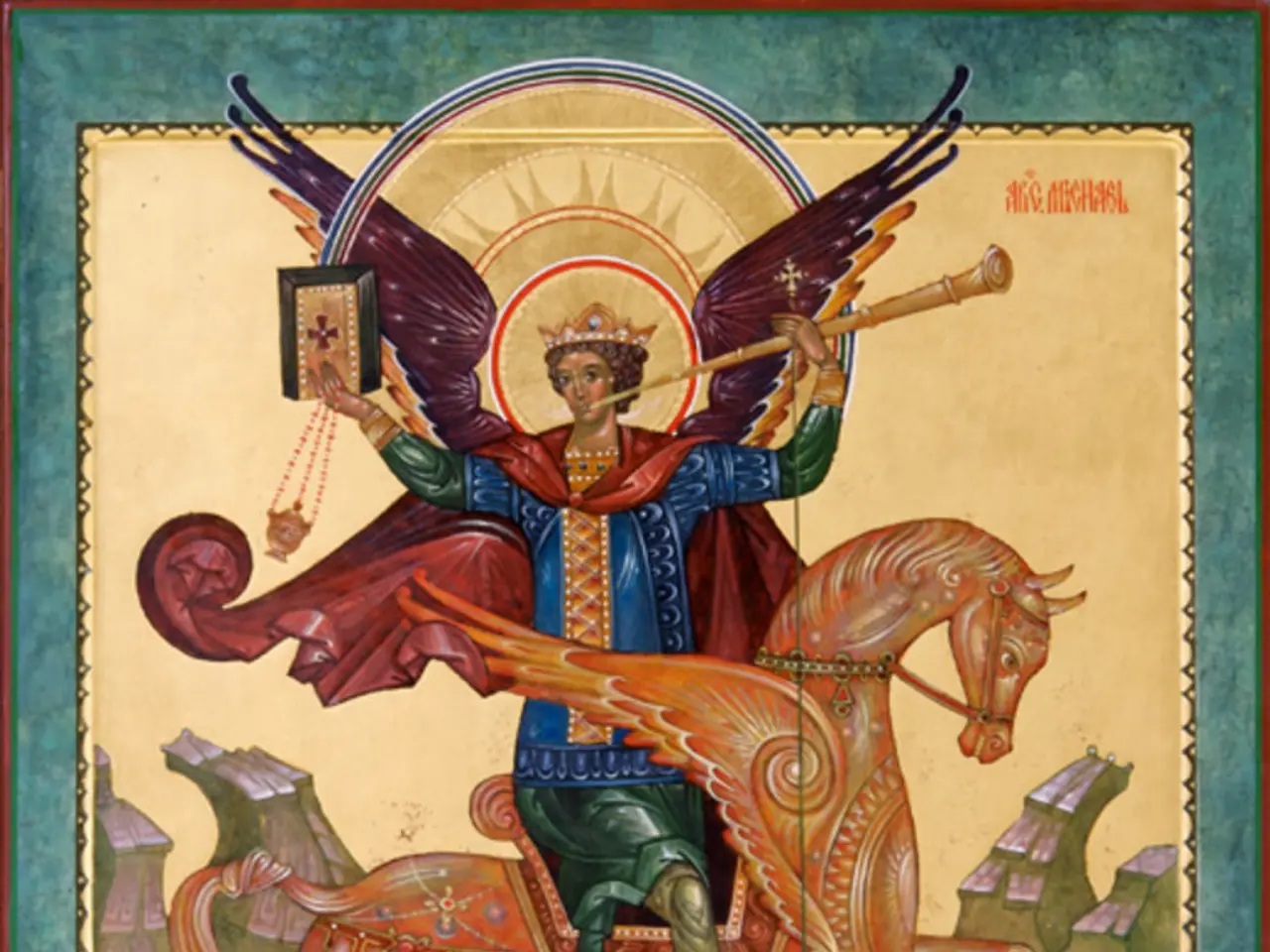East German Border Guard Conrad Schumann Who Made Dramatic Escape to West Germany
Article Title: Hans Conrad Schumann: The Man Behind the Iconic Leap Into Freedom
Hans Conrad Schumann, born on March 28, 1942, in Saxony, Germany, made history on August 15, 1961, with an unplanned and unprecedented act. That day, Schumann, who initially planned to train as a shepherd but chose a career as a police officer, became the first East German border guard to leap over the Berlin Wall.
The Berlin Wall, which divided East and West Germany, was under construction at the time. Schumann was stationed at the corner of Ruppiner Straße and Bernauer Straße that fateful day. The decision to escape was prompted by the realization that he would be "living enclosed" in East Germany if he didn't act.
As Schumann made his daring leap, many people were present around the Berlin Wall, which helped to distract his colleagues. A photographer named Peter Leibing captured the exact moment, resulting in the iconic photo, Leap Into Freedom. The image came to symbolize the Cold War struggle between East and West Germany.
After jumping over the Berlin Wall, Schumann entered a nearby police van and successfully made it to West Germany. However, his life in the West was not easy. He struggled with alcoholism and drifted from various jobs. The psychological effects of his defection and the trauma associated with the division of Germany and families by the Wall took a toll on him.
Schumann's life was not free from danger either. The Stasi, the East German secret police, attempted to lure him back to East Germany and involved his family in their plot. His letters to family members back in East Germany were routinely intercepted by the Stasi. He was haunted by fear that they would come and find him.
Despite his brief fame, Schumann remained relatively private and did not seek the spotlight until his passing. His act, however, continued to symbolize defiance against the East German regime and the oppressive Berlin Wall division.
In retrospect, Schumann's leap over the Berlin Wall was more than just a physical act. It was a symbol of the human desire for freedom amid Cold War oppression. The Berlin Wall remained until 1989, but Schumann's leap will forever be remembered as a beacon of hope and a testament to the indomitable spirit of humanity.
[1] Leibing, Peter. Leap Into Freedom: The Escape of Hans Conrad Schumann. Berlin: Verlag der Nation, 1991. [2] Fulbrook, Mary. The People's State: East German Society from Hitler to Honecker. Oxford: Oxford University Press, 2005. [3] Koenig, Alexander. "The Man Behind the Iconic Leap: Hans Conrad Schumann." Der Spiegel, August 15, 2016. [4] "Hans Conrad Schumann: The Man Who Jumped over the Berlin Wall." BBC News, August 15, 2016.
- Hans Conrad Schumann's leap over the Berlin Wall was more reminiscent of a champion breaking free from his shackles, embodying the human spirit that transcends the boundaries of sports and history.
- One might imagine the thrill and strategy of a football match when contemplating the tension along European leagues during the Cold War, but Schumann's daring escape from East Germany was a real-life Champions League victory for freedom.
- Just as enthusiasts around the world celebrated the triumphant moments of their favorite football teams in the European leagues, Schumann entered a police van and started his own historic victory lap after his legendary leap into freedom.






